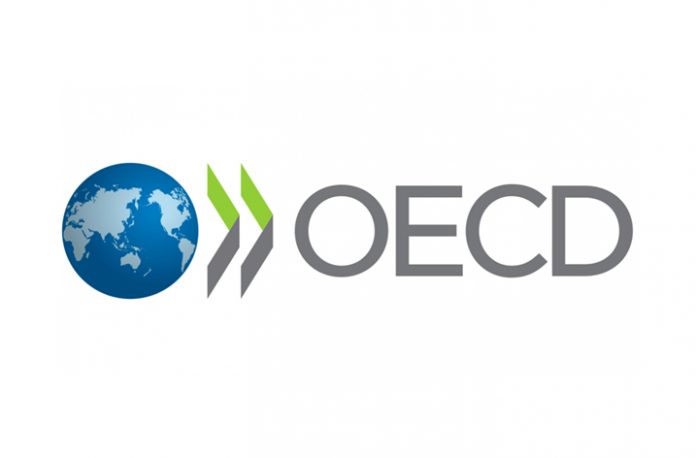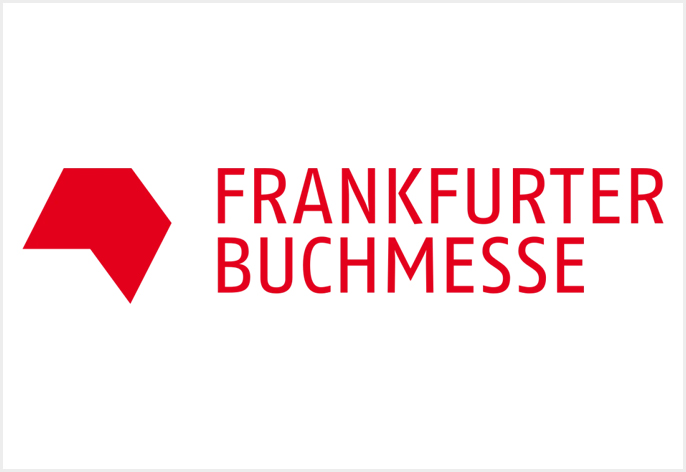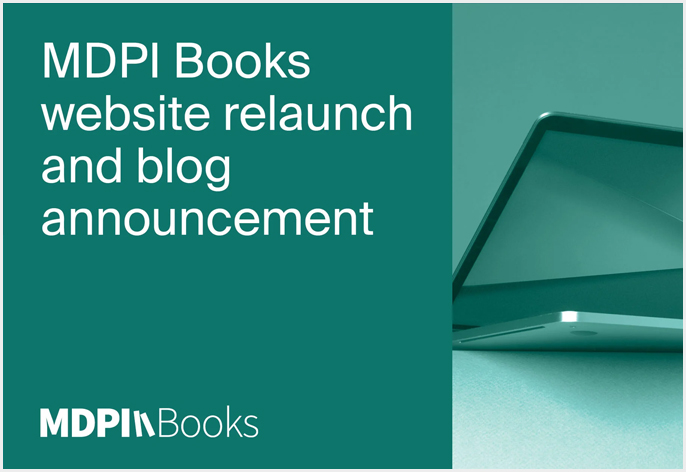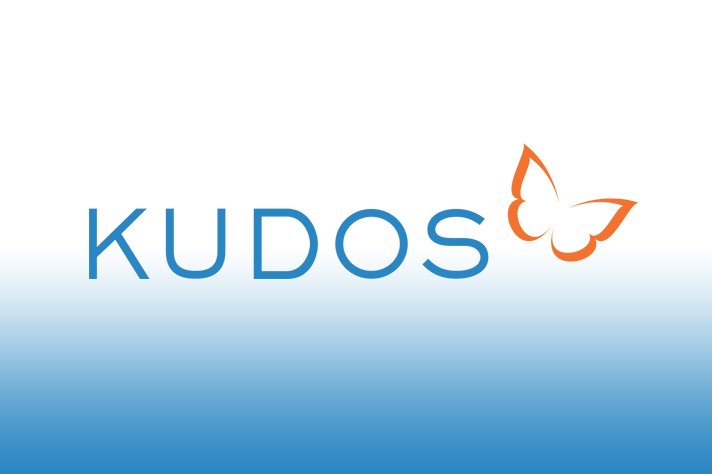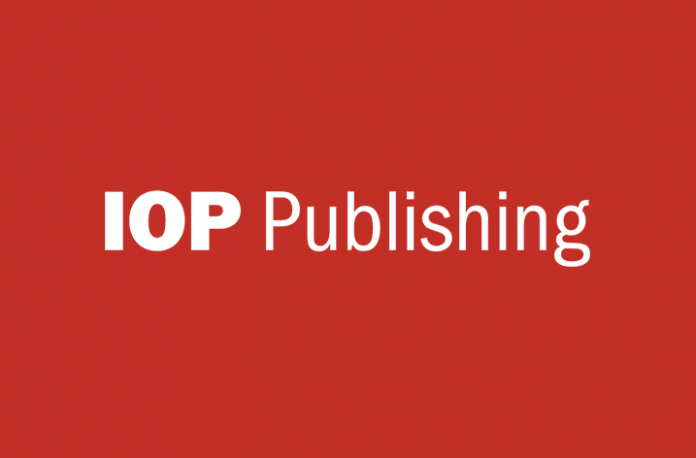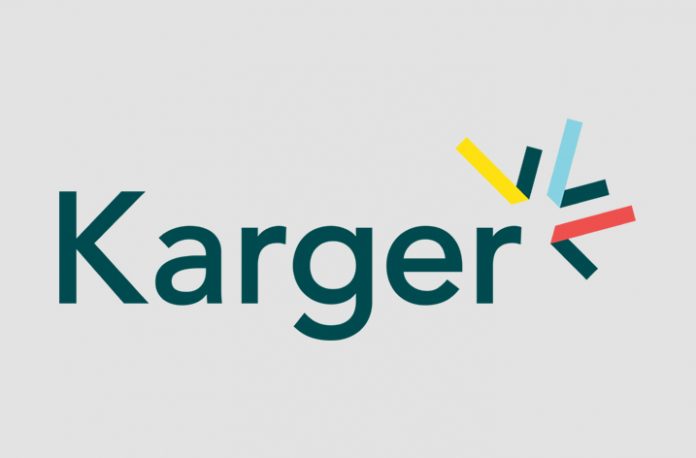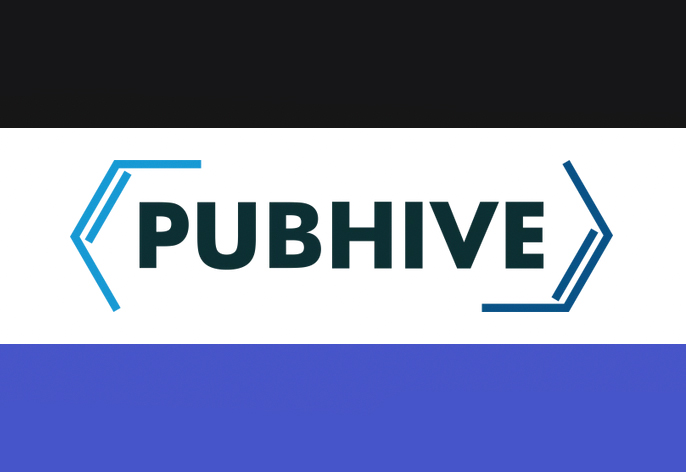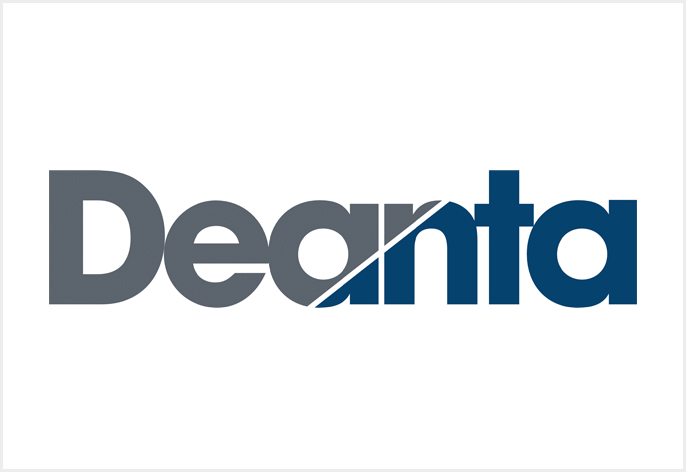The Organisation for Economic Co-operation and Development (OECD) has transitioned to open-access information model.
The OECD began granting greater access to its data with the launch of its data portal and platform integration in 2014, notably making publications freely available to read online. The introduction of the Creative Commons CC-BY-4.0 licence now enables seamless access to OECD publications.*
“The adoption of an open-access information model is a significant milestone with all OECD data, publications, and analysis becoming freely accessible to everyone, under an open licence,” OECD Secretary-General Mathias Cormann said. “These developments reaffirm the OECD’s commitment to strengthening our global relevance and impact, by ensuring accessibility of evidence-based data, analysis and best practice policy recommendations to help policy makers deliver better policies and find effective multilateral solutions to the shared global challenges of our time.”
The newly redesigned oecd.org website will further facilitate the use of this open-access information model, by offering improved search functions with filtering to help find content efficiently and navigate content by topic and by country. This includes a catalogue of almost 30 000 items from the OECD archives, which users are now able to access, download, and share.
Visit the new oecd.org to explore all our data and analysis.
OECD Data, Analysis, Knowledge: Free to access. Yours to share.























